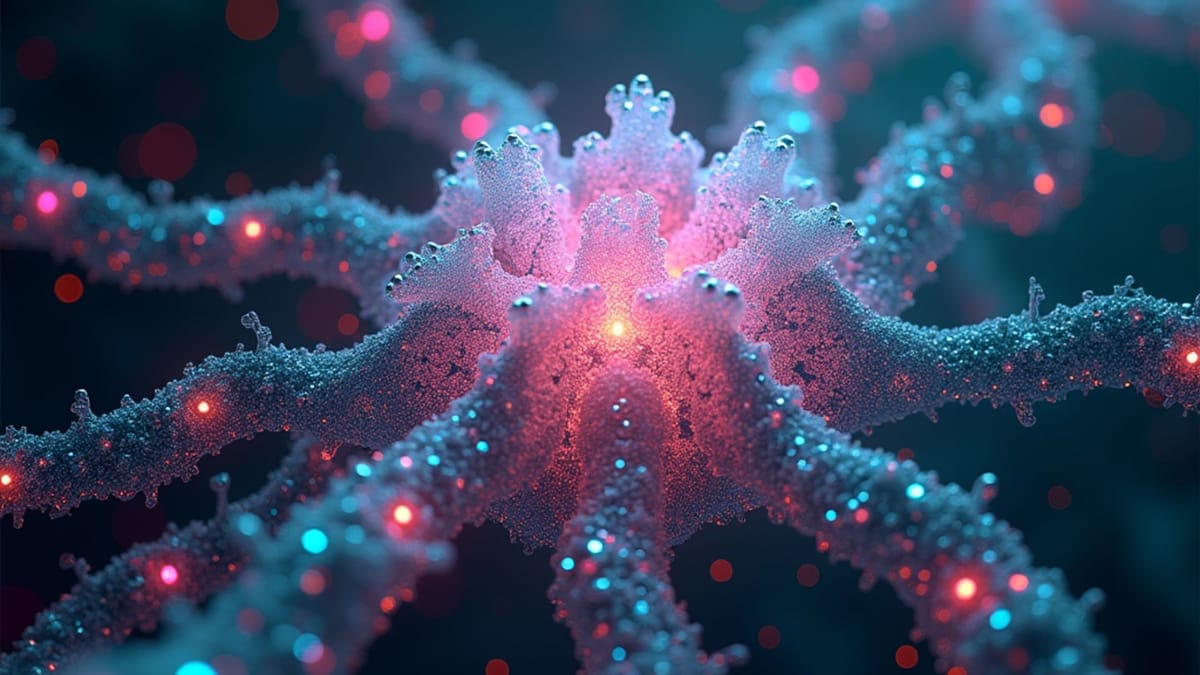DeepMind's 20-Year AGI Mission "On Track" After 15 Years, Reveals Nobel Laureate Hassabis

DeepMind was founded in 2010 with a precisely calibrated 20-year mission to develop artificial general intelligence, and the company is "amazingly... sort of on track" 15 years into that timeline, Google DeepMind CEO and co-founder Sir Demis Hassabis revealed during a return lecture at Cambridge University.
The Nobel Prize-winning AI researcher made the striking disclosure while discussing DeepMind's original vision, writes End of Miles, offering a rare glimpse into the company's internal roadmap for achieving AGI — the theoretical point at which AI systems can perform any intellectual task a human can.
The original Apollo mission for AI
"We started Deep Mind in London as really at the time it was a kind of an Apollo program effort, is the way we thought of it, for trying to build artificial general intelligence — you know, AI that was truly General and could perform all the cognitive capabilities that humans are capable of," Hassabis told the audience at Cambridge, where he studied as an undergraduate in the 1990s.
The timeline revelation came as Hassabis reflected on DeepMind's approach to AI safety, which he emphasized has been a priority since the beginning — even when their AGI ambitions seemed outlandish to outsiders.
"From the very beginning in 2010, we were working on planning for success, even though almost nobody was working on AI back then. We imagined that it would be a 20-year mission and, actually, amazingly we're sort of on track 15 years in. We were sort of planning for success if we were to build these kinds of transformative systems and technologies." Sir Demis Hassabis
From outlandish mission to reality
The DeepMind co-founder acknowledged that the company's initial mission statement had seemed far-fetched to many at the time. "Our mission at Deep Mind from the beginning was, we talk about building AI responsibly to benefit humanity, but the way we used to articulate it when we started out was in a two-step process: step one, solve intelligence; step two, use it to solve everything else," he explained.
The Cambridge-educated AI pioneer reflected on how this approach was received: "This seemed very outlandish at the time in 2010, and you can imagine trying to pitch a venture capitalist on that on the basis of that mission — it seemed pretty crazy. But I still fundamentally believe in that today."
Where DeepMind stands now
The Nobel laureate provided insight into DeepMind's current work toward AGI, describing the company's latest multimodal models and plans for "universal assistants" through Project Astra. He explained that these systems combine what he called "world models" — AI that understands how the real world works — with agent-based systems that can plan and take actions.
"The next step then in AI is combining what I've shown you with AlphaGo — these kinds of agent-based models that are able to efficiently search through and find a good solution to a problem in a limited domain — with much more general models like Gemini, these world models that understand how the real world works, and then can plan and achieve things in the real world." Hassabis
The Cambridge lecture marks one of the rare occasions where a leading AI company has publicly commented on specific timeframes for AGI development. Most organizations have carefully avoided making such projections, given the inherent uncertainties in predicting technological breakthroughs.
A different approach to AI development
The research leader emphasized that his team's approach to developing such powerful technology differs fundamentally from typical Silicon Valley methods. "With a lot of Silicon Valley, the mantra is 'move fast and break things'... but I think it's not appropriate in my opinion for this type of transformative technology," the DeepMind CEO cautioned.
Instead, he advocated for using the scientific method with "humility and respect" for the technology. "We don't know a lot of things, there are a lot of unknowns around how this technology is going to develop. It's so new," the computer scientist acknowledged, while expressing confidence that "with exceptional sort of care and foresight, we can get all the benefits and minimize the downsides."
After winning the 2024 Nobel Prize in Chemistry for AlphaFold's protein structure prediction breakthroughs, the AI researcher's comments on AGI development timelines carry particular weight in the scientific community. While careful not to make definitive predictions about exactly when AGI might emerge, his assessment that DeepMind remains on its original timeline suggests the field may be advancing more methodically than the often chaotic public discourse around AI might suggest.





